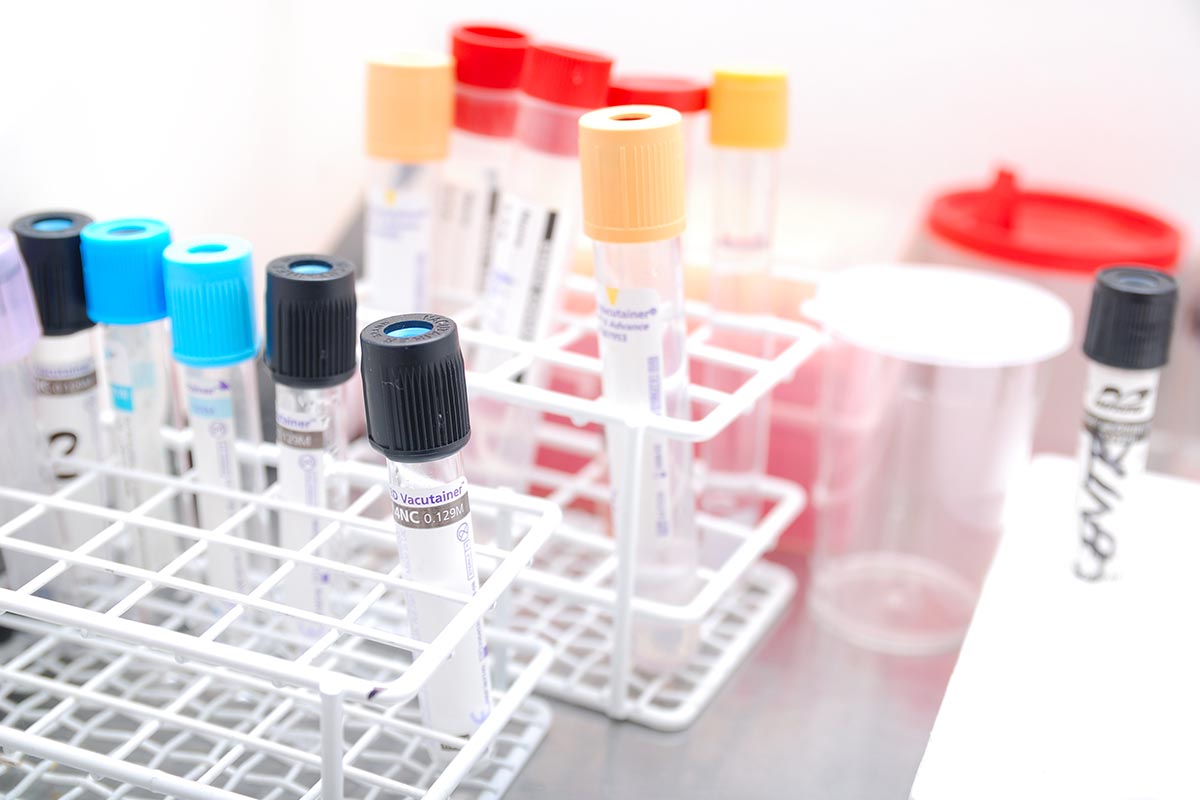Menopause Checklist: Preparing for Your Appointment
0 Comments
ASK: What tests or screenings should I have now? Which ones will I need later?
True menopause is indicated by 12 consecutive months without a menstrual cycle and a decreased estrogen level that is congruent with menopause. If you believe you are starting the transition into menopause, your physician can administer blood tests to determine if your estrogen levels (estradiol) are decreased and check TSH (thyroid-stimulating hormone) levels to rule out hypothyroidism. After menopause, there are several tests that can be conducted to ensure continued health including bone density scans, Pap smears, heart health monitoring, and pelvic exams.
Footage Firm, Inc.
ASK: What are my options for menopause treatment?
Don’t assume you’ll automatically be placed on HRT (hormone replacement therapy) or that it is your only viable option. While HRT can be helpful, many alternative therapies have been discovered in recent years that may be better suited to your body’s needs, health risks, and personal concerns. Your doctor will be able to best advise you on your next steps.
Footage Firm, Inc.
ASK: What lifestyle changes should I make now that I am in early menopause?
Dealing with menopause is more than alleviating symptoms; it’s also about making choices that ensure your body stays healthy through this trying time. Certain activities like smoking and drinking should be avoided and/or reduced, but you should also speak with your doctor about recommendations for diet, weight, exercise, and daily nutrient supplements.
Footage Firm, Inc.
ASK: How will menopause affect aspects of my life such as sleep and sex?
Menopause can often affect everyday activities such as sleep patterns and intimacy. These parts of your day can be very important, so you don’t want to be taken by surprise. You may not be able to completely avoid these symptoms, but you can be prepared with information and learning early on which methods will help you ease the transition.
ErikaWittlieb/Pixabay
ASK: Does menopause put me at risk for other health conditions?
There are many secondary health conditions that can arise during and after menopause such as osteoporosis, cardiovascular disease, and urinary incontinence. Speak to your doctor about your lifestyle and health history to find out which areas pose a risk and what you can do to help prevent them.
WavebreakMediaMicro/fotolia
BRING: A record of your menstrual cycles
As soon as you notice symptoms you believe may be early menopause, start keeping a journal or use a phone app to record when your periods start and stop. Also, make note of the heaviness of the cycle and any other symptoms such as cramping, headache, mood swings, etc.
Footage Firm, Inc.
BRING: A list of all your medications
Include everything, prescription and over-the-counter medications. Make sure to include any herbs and natural supplements as well.
Carin Araujo/FreeImages
BRING: A list of any other new symptoms
Once your appointment begins, it’s very easy to forget important things you may have noticed over the past weeks or even months. Everyone has a bad day, but a journal can show a pattern over several weeks or longer. This will help your doctor better understand the length and intensity of your early menopausal signs.
Footage Firm, Inc.Get Hot Flashes Email updates
Receive the latest information around hot flashes. Sign up now!